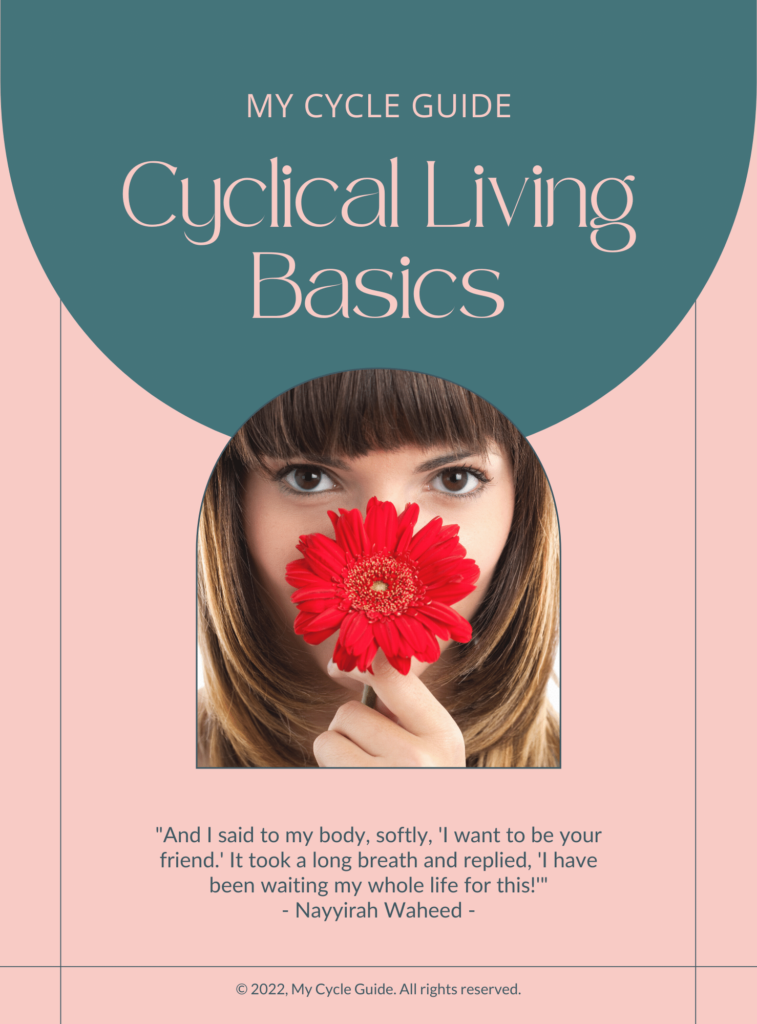What is Menopause?
Menopause is a natural biological process that marks the end of your menstrual cycles. It’s clinically defined as the point when you have not had a menstrual period for 12 consecutive months.
Why You Should Know About Menopause
Understanding menopause is essential as it’s a significant phase in your life. Menopause brings about many changes in your body, affects your daily life, and signals the end of your fertility.
When Does Menopause Occur?
Menopause typically occurs between the ages of 45-55, but this can vary widely. It involves three phases:
- Perimenopause: The transition period leading up to menopause, characterized by changing hormone levels and irregular periods.
- Menopause: Defined by the absence of a menstrual period for 12 consecutive months.
- Postmenopause: The years following menopause.
How Menopause Affects Your Menstrual Cycle
Menopause directly affects your menstrual cycle, with periods becoming irregular during perimenopause until they eventually cease entirely in menopause.
Symptoms and Changes During Menopause
Common symptoms of menopause include:
- Hot flashes
- Night sweats
- Vaginal dryness
- Mood changes
- Weight gain
- Sleep problems
The severity and duration of these symptoms vary greatly.
How Your Hormones Change During Menopause
During menopause, the levels of estrogen and progesterone in your body decline significantly. This hormonal shift is responsible for many of the physical changes during menopause.
How to Manage Menopause Symptoms
Some ways to manage menopause symptoms include:
- Adopting a healthy lifestyle: Regular exercise, a balanced diet, and good sleep hygiene can help manage menopause symptoms.
- Considering hormone therapy: For severe symptoms, your healthcare provider might suggest hormone replacement therapy.
- Exploring alternative therapies: Techniques like yoga, meditation, and acupuncture may also offer relief.
The Impact of Menopause on Emotional and Mental Health
Menopause can impact your emotional and mental health. The physical symptoms of menopause can be stressful and disruptive, potentially leading to feelings of anxiety or depression. Menopause can also impact your self-image and feelings about aging.
Frequently Asked Questions About Menopause
- What is the average age for menopause? The average age for menopause in the United States is 51, but it typically occurs between the ages of 45-55. However, menopause can occur earlier or later and still be considered normal.
- How long does menopause last? The length of menopause varies greatly. Perimenopause, the period leading up to menopause, can last several years. Once you reach menopause (defined by 12 consecutive months without a menstrual period), you are considered postmenopausal for the rest of your life.
- Can you get pregnant during menopause? Pregnancy is not possible after menopause. However, during the transition period of perimenopause, you might still ovulate occasionally and could potentially become pregnant. It’s recommended to continue using contraception until you’ve gone 12 consecutive months without a period.
Learn About Hormones and Your Cycle
To understand more about hormones and their connection with your menstrual cycle, and how to track your cycle and manage related issues, refer to our Free Workbook – Guide to Tracking Your Menstrual Cycle and accompanying Cyclical Living Basics eBook.
